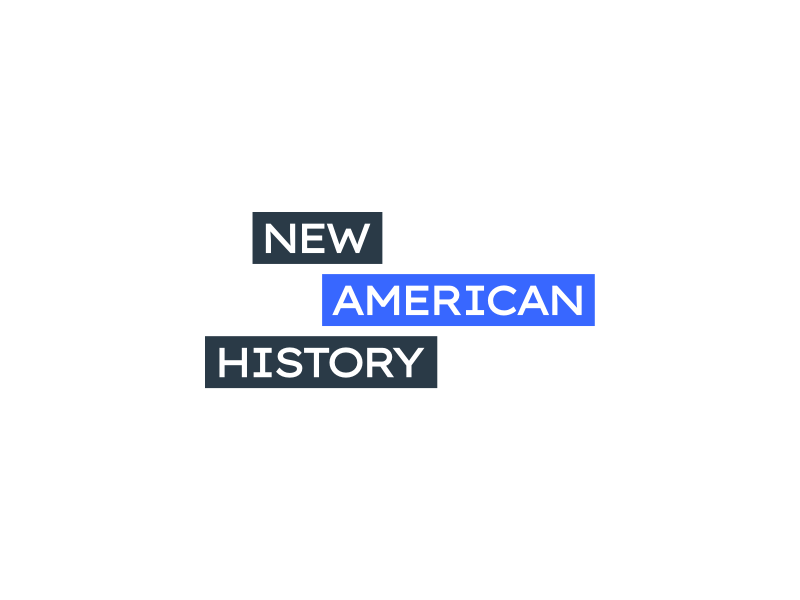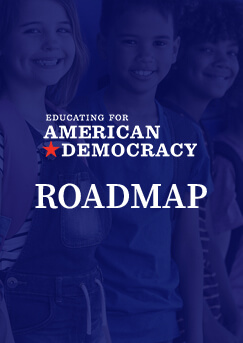The curated resources linked below are an initial sample of the resources coming from a collaborative and rigorous review process with the EAD Content Curation Task Force.
 Reset All
Reset All
Introducing kindergarteners to their new classroom community

The Roadmap




Inquiring Minds Institute

By investigating primary sources displaying the American flag, we will explore the various ways people use the flag to show characteristics such as pride, loyalty, and unity for the nation.

The Roadmap


KidCitizen


The importance of community helpers is a building block of civics understanding. In this episode, children investigate who community helpers are and how they have changed over time through exploration of a rich Library of Congress photograph of a man delivering ice to a schoolhouse in 1899.

The Roadmap


KidCitizen


Through the lens of the human propensity to complain, teachers can encourage students to recognize the principles, motivations, and precedents that underlie the Declaration of Independence. Help students understand the development of the Declaration as both a historical process and a compositional process through role play, creative writing, an introduction to important documents and a review of historic events.

The Roadmap








National Endowment for the Humanities


In this lesson, students will learn about the life and work of civil rights leader Martin Luther King, Jr. Students will listen to a brief biography, view photographs of the March on Washington, view a portion of King's "I Have a Dream" speech delivered in August 1963, and discuss what King's words mean to them.

The Roadmap








National Endowment for the Humanities


In this unit, students will solve three mysteries using evidence from primary sources including, 1) "What does it mean to belong to a group?" 2) "What does it mean to be a citizen?" and 3) "How do groups make decisions?" Students will act as investigators to solve the mysteries which help students understand themselves and their connections to their communities including the ideas and process of voting and why it is important.

The Roadmap




History's Mysteries Historical Inquiry for Elementary Classrooms


A primary source set guiding students in exploring their identities.

The Roadmap



State Historical Society of Iowa


In this lesson, students will learn about the life and work of civil rights leader Martin Luther King, Jr. Students will listen to a brief biography, view photographs of the March on Washington, and read a portion of King's "I Have a Dream" speech.

The Roadmap








National Endowment for the Humanities


The lessons in this unit provide an opportunity for students to learn about and discuss two U.S. families in which both the father and son became President. Students will address questions such as: What types of people might become President of the United States? What type of training as a child do you think these father/son pairs had to enable them to become President?

The Roadmap








National Endowment for the Humanities


This learning resources focuses on the Polio vaccination in the 1940s and 1950s and the problems this epidemic posed to public health. Students will also compare this to the current global pandemic and the debates around the COVID-19 vaccine.

The Roadmap



New American History

In this episode, children analyze a greeting card to learn about Rosa Parks and her family. The greeting card offers a familiar resource for exploring family traditions. The front of the card has an image and some simple writing. The inside of the card has a poem, and the back of the card features Rosa Parks’ handwritten note to her mother.

The Roadmap




KidCitizen


Students will explore what it means to be responsible in a variety of settings. These lessons will focus on how to be responsible at home, in school, in the community and in the world. Students also will work together to establish classroom/school rules and determine how to be a responsible citizen to improve their community.

The Roadmap

State Historical Society of Iowa





